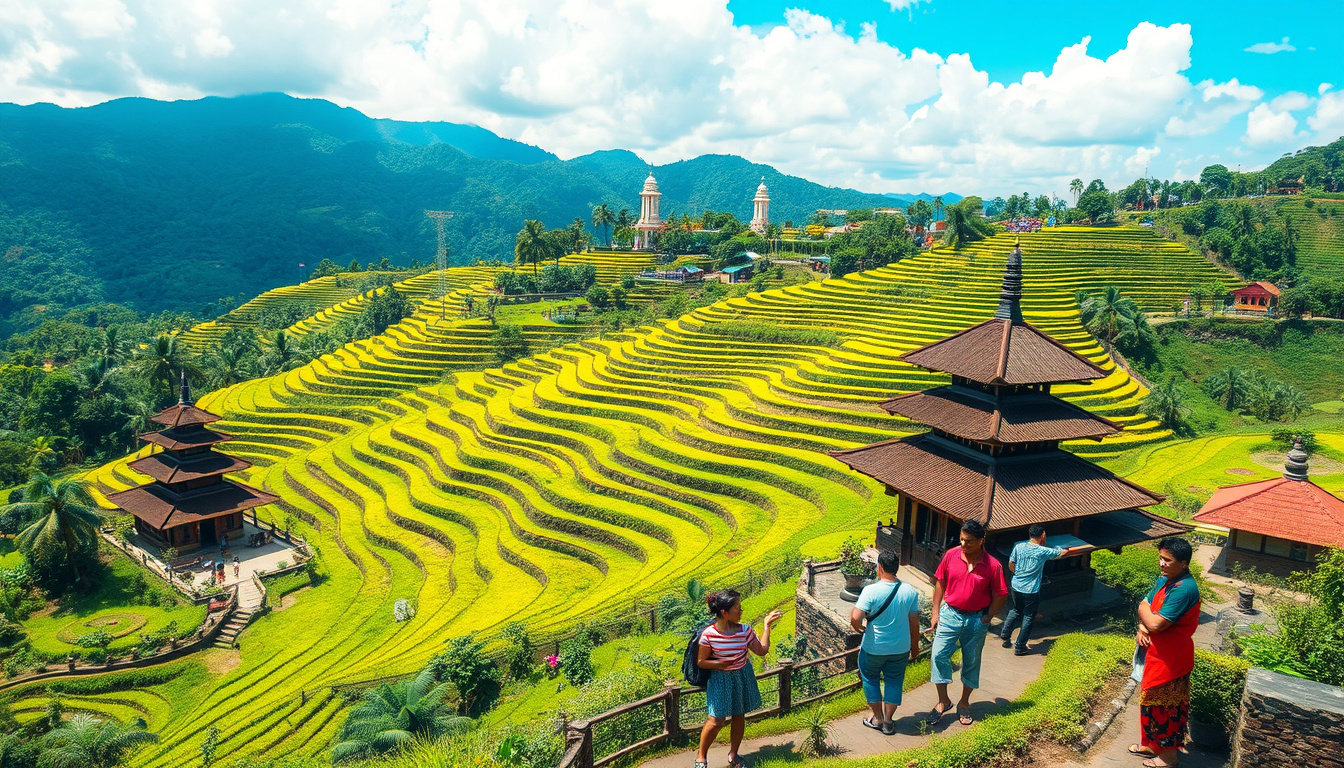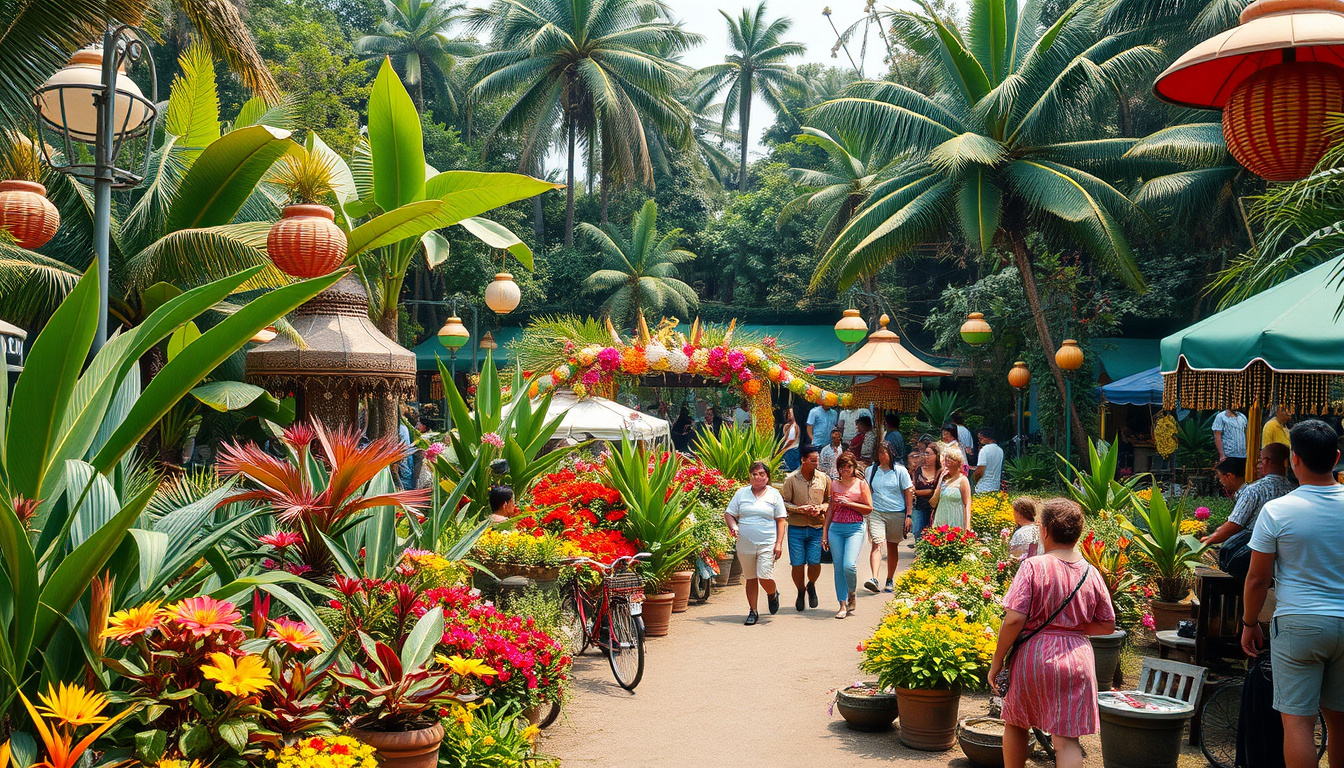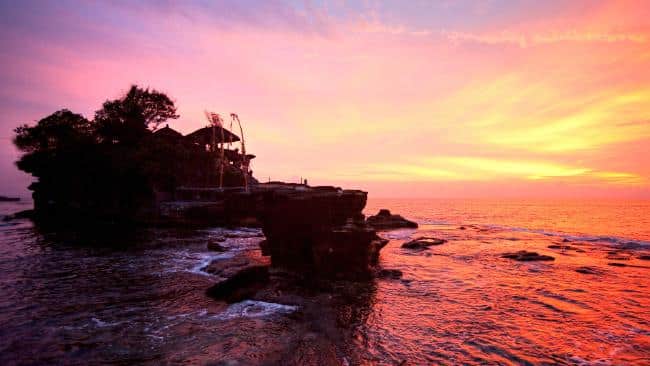Ubud is known as the cultural capital of Bali, a place where tradition and spirituality meet art and creativity. The town attracts millions of tourists and expats every year, who come to enjoy its natural beauty, cultural diversity, and vibrant lifestyle. However, Ubud is also facing a major challenge: a controversial development project that could change its landscape and identity forever.
The project is called Hidden City Ubud, a 3-hectare complex that will include 100 luxury villas, shops, restaurants, a gym, and a nightclub. However, the project has also sparked a lot of criticism and opposition from the local community, who fear that it will destroy the natural and cultural heritage of Ubud. The project involves clearing a patch of land that was once a lush jungle and the home of the ancient spirits. The project also encroaches on the land where the famous Eat Pray Love house is located, which was featured in the movie adaptation of Elizabeth Gilbert’s memoir.
The Emergence of Hidden City Ubud
In the midst of Ubud’s cultural conundrum emerges Hidden City Ubud, a sprawling $40 million development backed by Russian investment. Promising a blend of luxury living and modern amenities, this ambitious project has captured the attention of investors and tourists alike. Yet, as construction progresses, questions arise about its impact on the fabric of Ubud’s identity.
The Clash of Tradition and Modernization
Hidden City Ubud represents more than just a development project; it symbolizes the clash between tradition and modernization. While proponents tout its economic benefits and potential for growth, skeptics fear the erosion of Balinese culture and heritage. As ancient rituals collide with sleek skyscrapers, the soul of Ubud hangs in the balance.
Concerns of the Local Community
For families like Gede and Puspita’s, who have lived beside the Hidden City plot for generations, the encroachment of modern development threatens their ancestral ties to the land. As construction progresses, the rhythmic chants of the temple are drowned out by the relentless noise of machinery, and the once tranquil nights are disturbed by the cries of displaced wildlife.
Despite resistance from some within the community, the promise of economic prosperity has swayed others to overlook the long-term implications of unchecked development. As Hidden City Ubud rises from the ashes of the forest, the battle between tradition and progress rages on, highlighting the delicate balance between economic growth and cultural preservation.
Economic Prospects vs. Cultural Preservation

At the heart of Ubud’s cultural dilemma lies a fundamental question: can economic prosperity coexist with cultural preservation? While Hidden City Ubud promises substantial returns for investors and opportunities for growth, its impact on the region’s cultural integrity remains uncertain. Balancing economic prospects with the preservation of Balinese heritage presents a formidable challenge.
Resistance and Advocacy
Amidst the rising tide of development, voices of resistance and advocacy emerge from within the local community. Individuals like Dewa Berratha rally their neighbors against the encroachment of Hidden City Ubud, circulating petitions and voicing concerns about the loss of cultural identity. Their impassioned efforts underscore the deep-seated connection between the people of Ubud and their land.
As per latest source on June 2023, even the Hidden City Ubud, which is progressing despite lacking complete permits. Brigadier General (Ret.) Nyoman Gede Suweta, the Chairman of the Bali Regional Police Community Policing (PP Polri) highlighted this project and urged local authorities, particularly village governments, to halt its progress until proper permits are obtained.
Anak Agung Ngurah Oka Sutha Diana, the Head of the Bali One-Stop Integrated Services and Investment Agency (DPMPTSP), clarified that the project only has a Business Identification Number (NIB) and questioned the ownership of the project. He expressed surprise that the project owner would begin construction with only an NIB, raising concerns and controversy among the residents.
A a remark made by the head of DPMPTSP Bali, emphasizing that having an NIB does not authorize construction but is merely a requirement for obtaining various permits, such as principle permits and environmental impact assessments (Amdal). They clarified that the NIB is part of the administrative process aimed at streamlining procedures, not a permit for construction.
Reflections on the Future of Ubud
As Hidden City Ubud continues to take shape, reflections on the future of Ubud abound. Will the region’s cultural heritage withstand the pressures of modernization, or will it be relegated to the annals of history? The choices made today will shape the destiny of Ubud for generations to come.
As Ubud navigates the complexities of development and cultural preservation, a path forward must be charted with care and foresight. Balancing the interests of investors, tourists, and the local community is no easy task, but it is essential for the sustainable growth and preservation of Ubud’s unique identity. Through collaboration, dialogue, and mutual respect, Ubud can forge a future that honors its rich cultural heritage while embracing the opportunities of the modern world.


















Add a comment